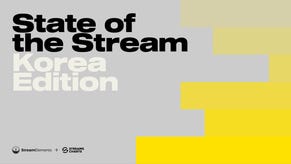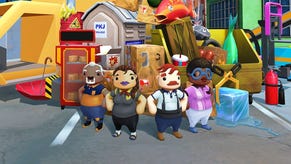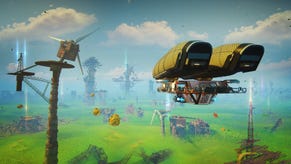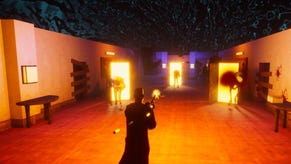Nottingham Trent University research
Games have the same narrative value as books, boffin establishes.
20 April, 2009
Computer games can be read like books and should be regarded with the same value as literary texts, says Dr Souvik Mukherjee, a researcher and computer game narrative expert from the School of Arts & Humanities at Nottingham Trent University.
For his recently completed PhD, Dr Mukherjee analysed a range of game genres, such as first-person shooters, real-time strategy games and adventure games ranging from the first Wolfenstein game to recent games like Fallout 3, to investigate their potential as a story telling media.
He explored how the complex mesh of possible storylines and deep levels of involvement in video game narratives relate to, and often surpass, the experience of earlier narrative media, such as books and films. He also believes that analysing game play can help towards a more complete understanding of the reading experience across all narrative media.
Dr Mukherjee said: “Video games have outpaced all other media in growth charts in the last three years and the industry is one of the few that hasn't taken much of a tumble in the recent credit-crunch. I believe a major reason for their popularity is their storytelling experience, as players of game 'blockbusters' like Half Life 2, Assassin's Creed and Bioshock will tell you.
“Though often unfairly dismissed as toys for children, computer games are far more complex than that. Most gamers, adults and children alike, play these games because of the stories they tell. So, whilst many focus on the violence in video games, the narrative potential of these games should also be explored.”
In addition, Dr Mukherjee studied how computer games influence, and are influenced by, earlier genres such as comics, graphic novels and other elements, for example the detective third-person shooter, Max Payne, which contains a strong enough narrative experience to lead to a film adaptation.
Dr Mukherjee also suggests that there are many books which have game-like texts and could be ‘played’.
He added: “I believe it has always been the case that games can be read and books can be played. For example, the1969 novel by John Fowles, The French Lieutenant’s Woman, offers multiple endings and therefore prefigures the format of videogames. Many years ago I suggested that Dante’s Inferno could be read as a videogame, an idea which was met with disbelief. Now a game based on the Inferno has been released, showing that this is an area which is now ready to be explored further.”
ENDS
Image attached; Dr Souvik Mukherjee
Notes for editors:
Press enquiries please contact: Helen Fitzpatrick, Press Officer, on Tel: 0115 848 8751, or via email: helen.fitzpatrick@ntu.ac.uk; or Therese Easom, Press and Media Relations Manager, on Tel: 0115 848 8774, or via email: therese.easom@ntu.ac.uk








